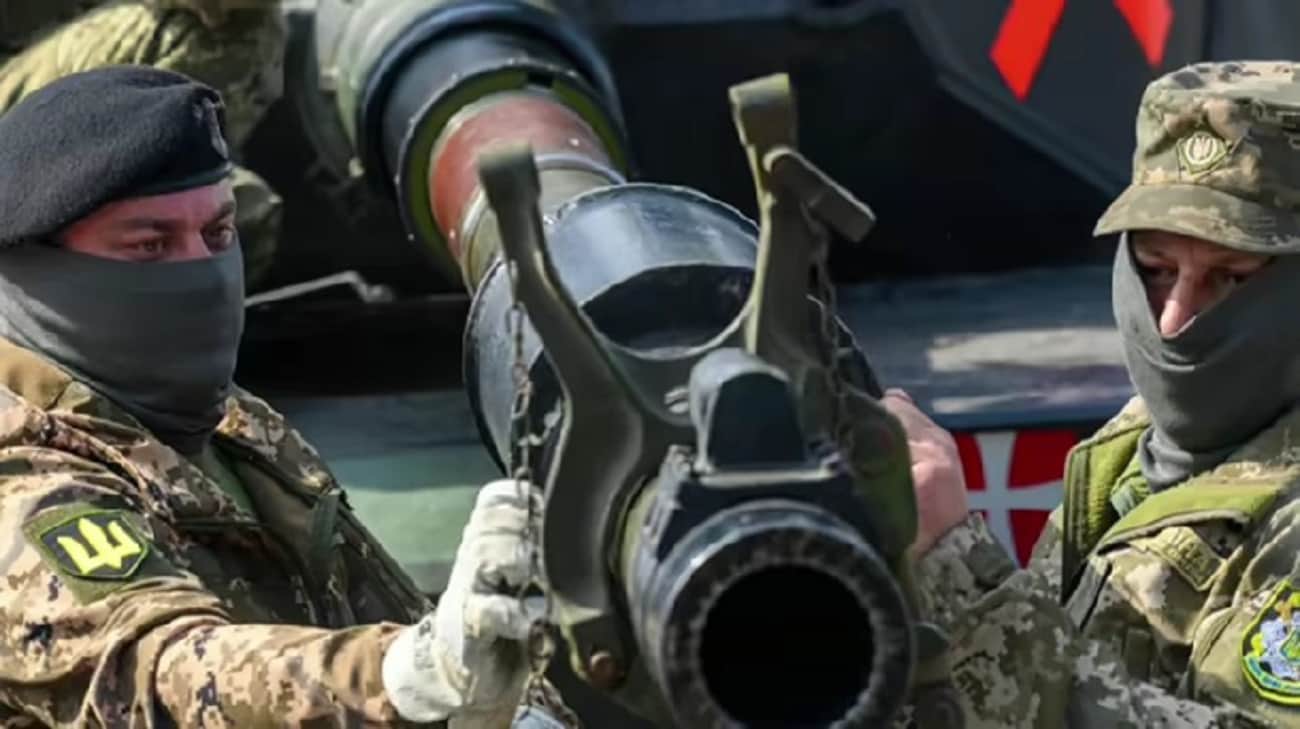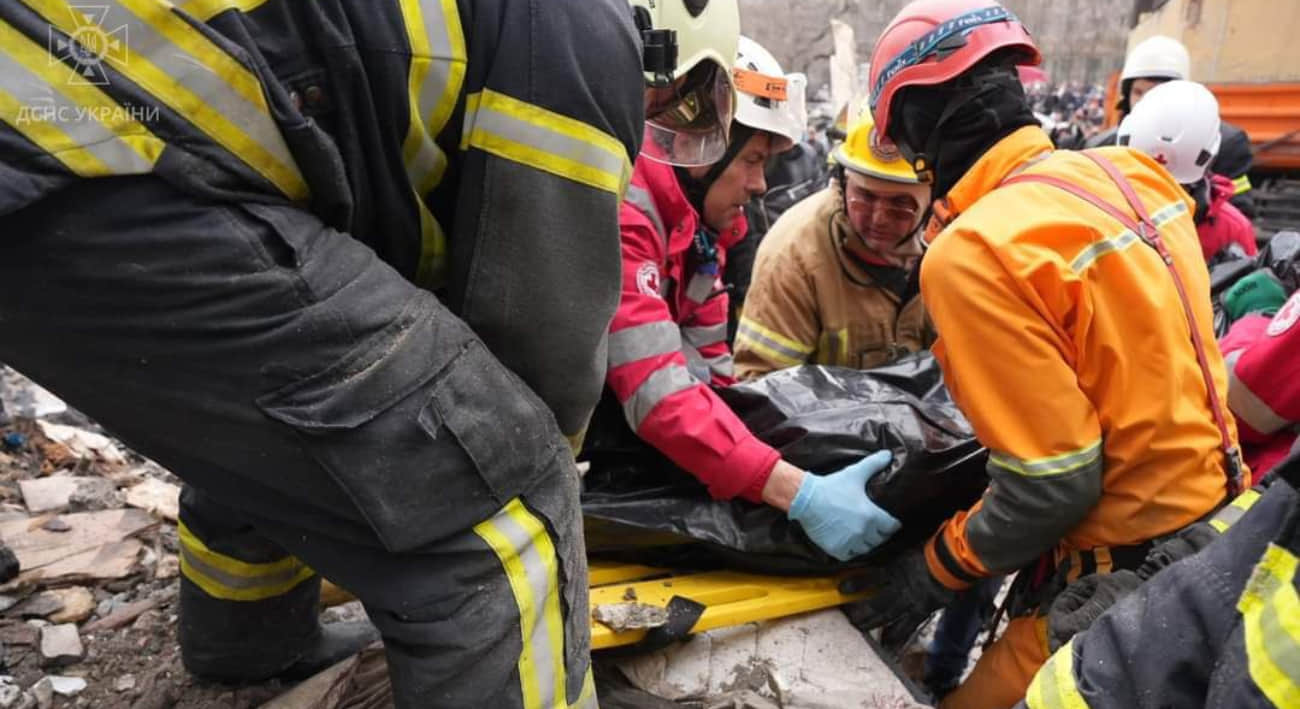US authorisations to hit Russia reduce aggressor's so-called untouchable area by 16% – ISW
Analysts at the Institute for the Study of War (ISW) have estimated that the limited authorisations to hit targets in Russia with the weapons provided by the US have reduced the Russian safe space by 16%.

Analysts at the Institute for the Study of War (ISW) have estimated that the limited authorisations to hit targets in Russia with the weapons provided by the US have reduced the Russian safe space by 16%.
Source: ISW
Details: The Biden administration has slightly adjusted its policy to permit Ukraine to use US-supplied weapons to target select Russian military positions within a limited region of Russian territory. This adjustment has minimally reduced the extent of Russia’s secure ground area by a maximum of 16%.
Quote: "US policy still protects the vast majority of Russia’s operational rear and deep rear, and US policy forbids Ukraine from using ATACMS anywhere in Russia."
More details: The US policy that limits Ukraine's use of these weapons has effectively created a substantial sanctuary. Although within the range of US-provided weapons, this territory remains untouched by Ukrainian strikes due to these restrictions. Russia is taking advantage of this sanctuary to safeguard its combat forces, command and control infrastructure, logistics, and support services essential for its operations in Ukraine.
Experts from the ISW suggest that Ukrainian forces could potentially strike any legitimate Russian military targets within the reach of their HIMARS systems using MLRS in Russia’s Belgorod, Kursk, and Bryansk oblasts. However, whether Ukraine has the authorisation to conduct such strikes remains uncertain. Senior US officials have stated that Ukraine’s use of MLRS is primarily for counterbattery purposes and is geographically confined to Ukraine’s Kharkiv Oblast.
Additionally, Ukrainian forces appear to be permitted to strike Russian military assets positioned "just across the [Ukrainian] border," indicating a likely restriction against hitting targets deeper within Kursk and Bryansk oblasts, even though these areas are within MLRS range.
To quote the ISW’s Key Takeaways on 9 June:
- Ukrainian forces likely struck a Russian Su-57 fighter aircraft at the Akhtubinsk airfield in Astrakhan Oblast between 7 and 8 June.
- Ukrainian forces may have struck a large Russian landing ship or patrol boat in Yeysk, Krasnodar Krai on the night of 8-9 June.
- The Kremlin's concerted effort to remove and arrest senior Russian defence officials may be extending to civilian regional administration officials.
- The pro-Kremlin Moldovan Victory opposition electoral bloc held its second congress in Moscow on 9 June following a series of meetings between pro-Kremlin Moldovan opposition politicians and Russian officials from 6 to 9 June.
- Igor Dodon, Former pro-Russian Moldovan president and current head of the Moldovan Socialist Party, gave interviews to Russian state news agencies TASS and RIA Novosti on 9 June in which he promoted several known Kremlin narratives targeting the current Moldovan government – many of which Moldovan opposition politicians also promoted at the Victory bloc congress.
- The Kremlin will likely try to exploit its ties to Dodon as part of its wider efforts to destabilise Moldovan democracy and influence the Moldovan government.
- Russian forces recently advanced near Kupiansk, Siversk, Chasiv Yar, Avdiivka, and Donetsk City.
- Russian officials continue efforts to coerce migrants into military service.
Support UP or become our patron!



